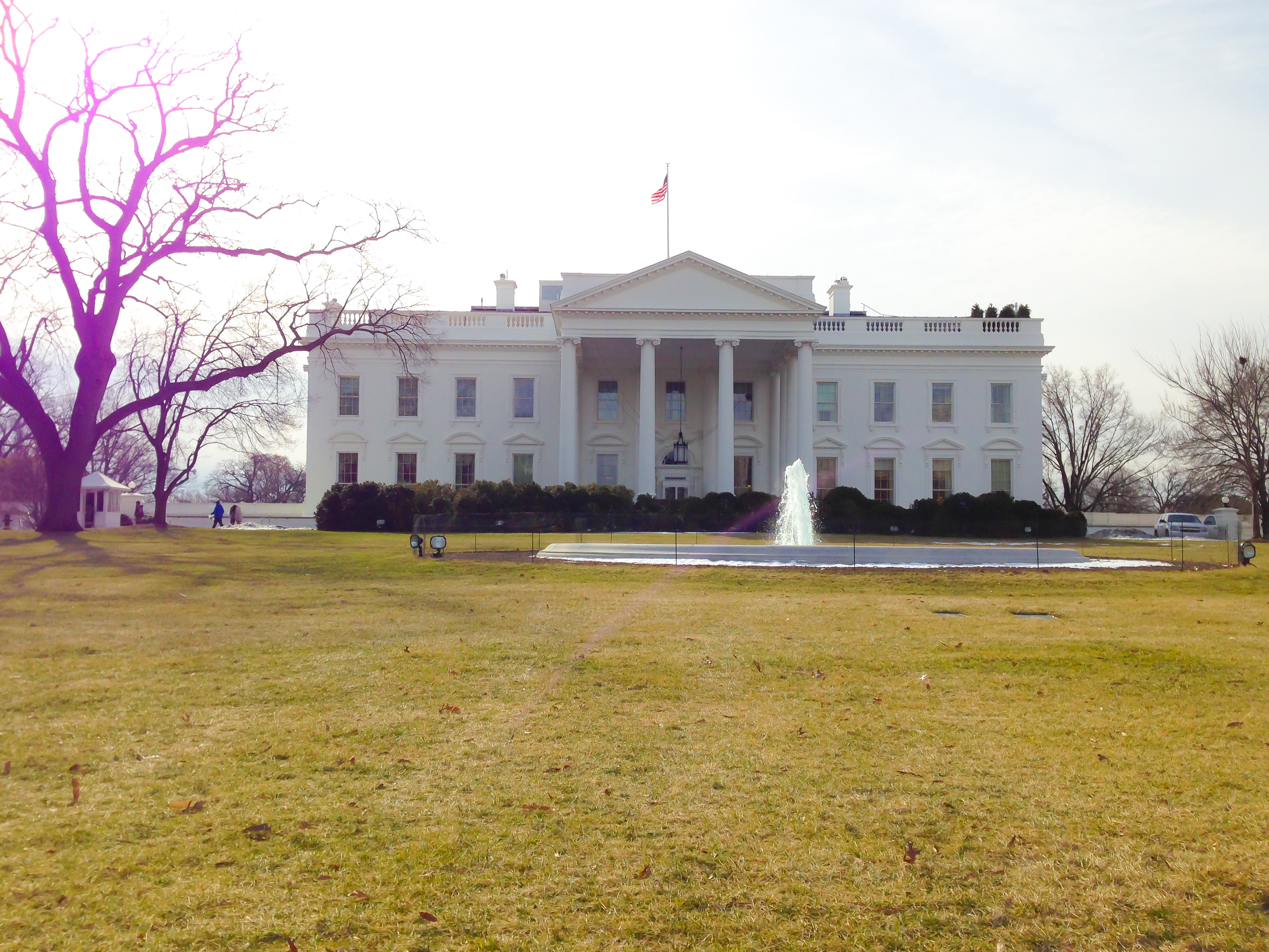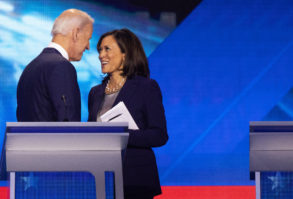I was asked recently if I thought Twitter was hurting the campaign more than helping. Instead of hurting or helping, I think social media is changing the four year ritual we are all accustomed to.
Since the Republican debates, I have been live tweeting. Live tweeting is fun, but I have found that using social media during the debates, I haven’t been listening as closely to the candidates. I have been reading the tweets of others.
The chaos that ensues when a candidate misspeaks changes the focus of the debate instantly. In 2008, I did not tweet the debates. I listened and watched without social media. Fast forward to 2012 and I have my iPad out and I am monitoring and participating in my Twitter and Facebook feeds.
Spinning out of Control
We always accuse the media of spinning a story, but recently I noticed the American public is as much to blame as the media. Take for example the recent statement Romney made about hiring women and how he was given binders full of women.
Below is the CNN video of Romney’s remarks.
The “binders full of women” reference prompted a huge response on social media, becoming the third-fastest rising Google search during the debate and getting a Twitter hashtag, a series of memes on Tumblr and a Facebook page with more than 8,000 members by Thursday morning.
After the comment about “Binders full of women,” social media went crazy. One woman started a Tumblr blog seconds after the comment was made, which started instantly collecting Internet Memes.
Below is the CNN video of the woman discussing why she started the Tumblr blog.
The Twittersphere took advantage of the “binders full of women” and comments were made within seconds of when Romney said the now infamous line. The #Bindersfullofwomen tweets are still going strong almost a week later.
Tweets about “#bindersfullofwomen”
Beliefs and Rituals
Twitter allows us to move past the media conglomerates who rehash election coverage over and over. The media narratives are essentially the same, just different characters saying the lines. The power of the press usually can try to instill and confirm beliefs and agendas onto the American public. As an audience we need to be mindful of the press’s intentions.
W. Lance Bennett in his book News: The Politics of Illusion explains:
The goal is to make sure that our beliefs do not stand as a wall against reality. Beliefs are most useful when they help us engage constructively in the ongoing solution of social problems…Escaping our current political dilemmas requires the will to challenge existing political beliefs, and there is no better way to challenge beliefs than by resisting the daily temptation to look to the news for confirmation of what we already hold to be true about the world. (271)
We don’t need news to confirm what we already know about the world. When people, especially women, heard “binders full of women” the rhetorical impact of those four words was a narrative and image women have been fighting against for centuries.
The rhetorical implication of the image of women in binders created a backlash that the Romney campaign did not want or need. The initial reaction was that women do not want to be KEPT, or why would Romney have to search harder to find qualified women than he did for qualified men? And, the list of meanings attached to that statement goes on and on. Although Romney meant his “binders full of women” statement as what it was, a head hunting search, the image of that statement became a negative sentiment among some women voters, which changed the focus of the debate. Does anyone remember the rest of the debate? Probably not, because if you were tweeting or watching any social media feeds, you were bombarded with “binders full of women” memes.
We expect to hear certain issues during the debates, but it’s a new phenomenon to have instant public sentiment about the presidential debates. These public sentiments, like “binders full of women” can change the norms of campaign strategies and the norms on which the electorate follows and supports a campaign.
Bruce E. Gronbeck explains in his article “The Functions of Presidential Campaigning”:
Both as individuals and as a society we possess a series of expectations concerning how candidates ought to communicate, when and where they ought to say what…. We even know our ritual well enough to be able to process non-explicit messages (the “meaning” generated by someone campaigning in shirtsleeves instead of three-piece suits)… Because we know the “rules”–legal and traditional–we are drawn into at least intellectual if not physical participation. (414)
The ritual of campaigning is changing, especially political involvement. We have arm-chair political pundits who tweet, facebook, blog, create memes, and repost articles on sites like Reddit. Political involvement has moved past working the phone banks, knocking on doors, and even attending rallies. Now, candidates rely on Facebook comments, tweets, retweets, and making sure their supporters take advantage of a rhetorical gaffe during the debate.
This election we will find out how much Twitter will help or hurt the campaign. The chaos that erupts when a candidate misspeaks can mislead the public opinion down a path of distraction. Twitter has become about reaction rather than discussion. We will have to decide when reaction is too much reaction. We are lucky to be able to speak freely about issues and criticize our political candidates, but as an electorate we need to start listening to help define our own reality and not others.
Overall, we will soon find out how Twitter will emerge as a political ritual when a nation gathers for what I predict as one of the the largest election night watch parties in the history of a presidential election.




1 comments On Binders Full of Tweets: Changing the Ritual of Campaigns
You should take THIS and expand this to a full article. Awesome ideas!